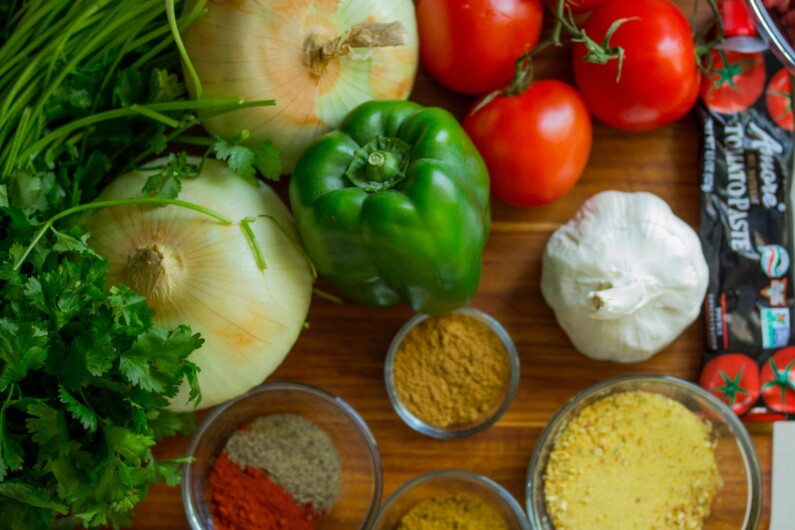Budgeting for your weekly food shop is important, since it allows you to manage your income more effectively and avoid coming up short towards the end of the month. However it can be difficult to understand exactly how much you should be spending – particularly if you’re a young adult shopping for yourself for the first time, or a new family trying to adjust to buying for several hungry mouths.
Comparing your weekly spend to other similar households can be one helpful way of gauging whether you’re spending too much. The office of national statistics actually compile this information, and they found that, in 2020, the average spend per person is around £38.50 each week. This breaks down into £25.80 spent on food for the home, plus an additional £12.70 spent on luxuries such as takeaway or meals out.
This means that, for two adults, an average spend would be around £50 per week, or £200 per month. That figure includes all of your groceries, but doesn’t factor in additional household necessities, so it’s worth adding a little bit of extra room in the budget for toiletries, cleaning products and other everyday household items.
How should I create my food budget?
Working out how much you can afford to spend on food is a relatively straightforward process. Calculate the total of your rent or mortgage payment, fixed bills, debt repayments and savings each month. Subtract this from your monthly income to find out how much money you have available for food and discretionary spending.
Those who are lucky enough to be left with a lot more than they need may want to consider upping their savings goals. On the other hand, people who are concerned that there isn’t much money leftover for food can use the tips below to reduce the grocery bill.
What should I do if I’m spending too much?
If you’re spending significantly more than the average, then it probably means that you’re splashing out on too many luxury goods. Buying name brands or getting too many treats each week will easily push you into the high spending category. You could also look on cutting down on food that’s prepared outside of the home, whether that means pre-packed lunches or weekly take out.
For those who are willing to be a lot more frugal, it’s also possible to bring your weekly spend down far below the average. For instance, a couple shouldn’t have too much trouble sticking to a budget of around £30 per week if they stick to the following principles:
- Stock up on store cupboard staples (such as rice and pasta) and use them to prepare big batches of your favourite meals
- Make meals ahead and freeze them to avoid waste
- Avoid expensive treats, and stick to supermarket-own brands
- Use coupons and look out for offers on your favourite foods
- Go shopping at the end of the day, when supermarkets mark down prices on leftover stock
Remember, even if you’re trying to reduce spending, it’s still important to make room in the budget for a few of your favourite snacks. This actually makes it easier to stick to your spending goals, since you’re more likely to avoid temptation if your diet is satisfying!

